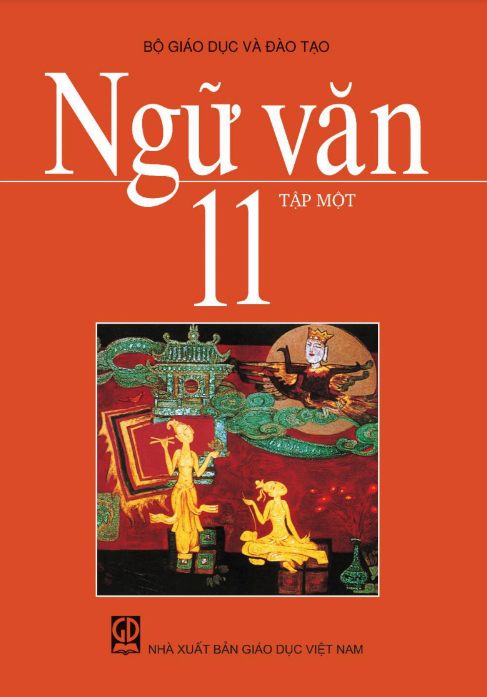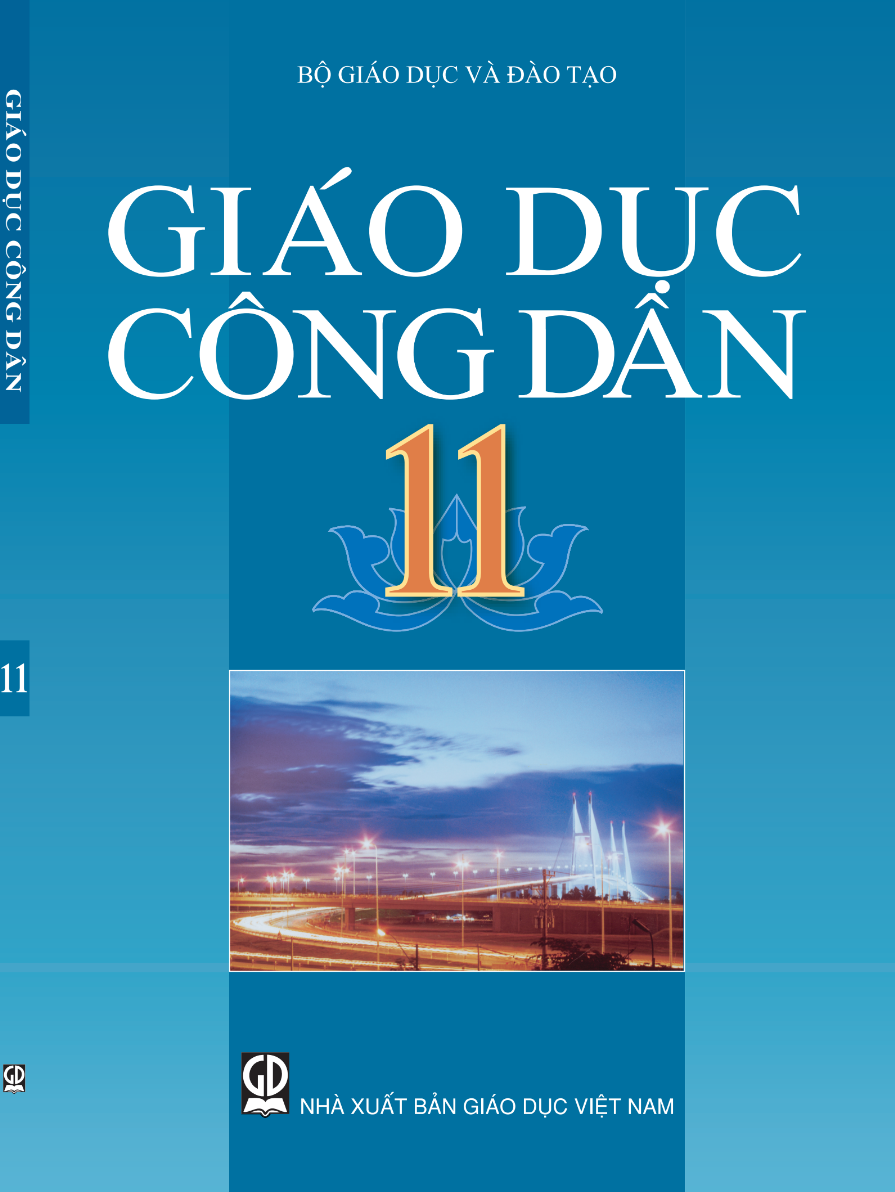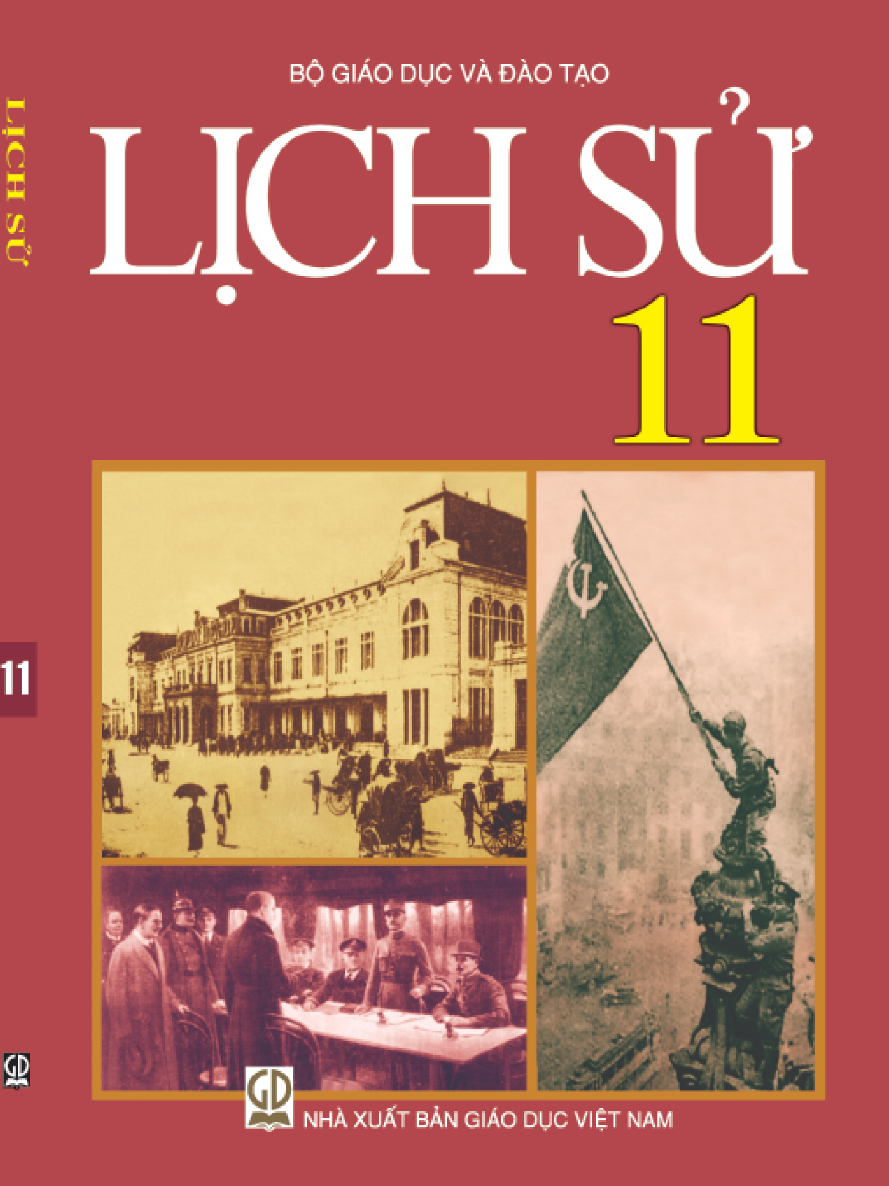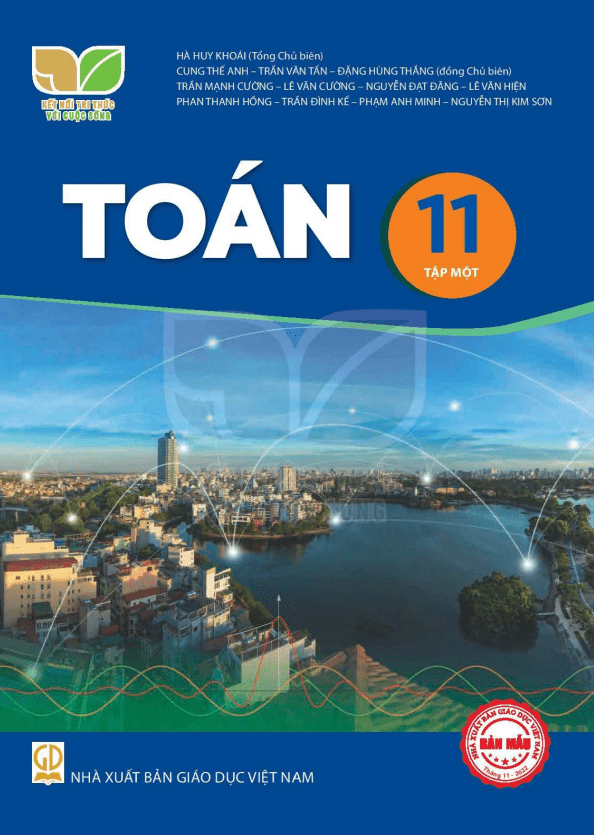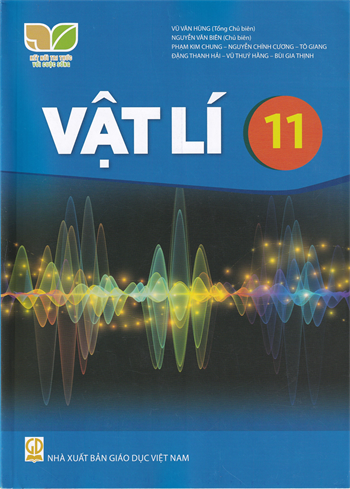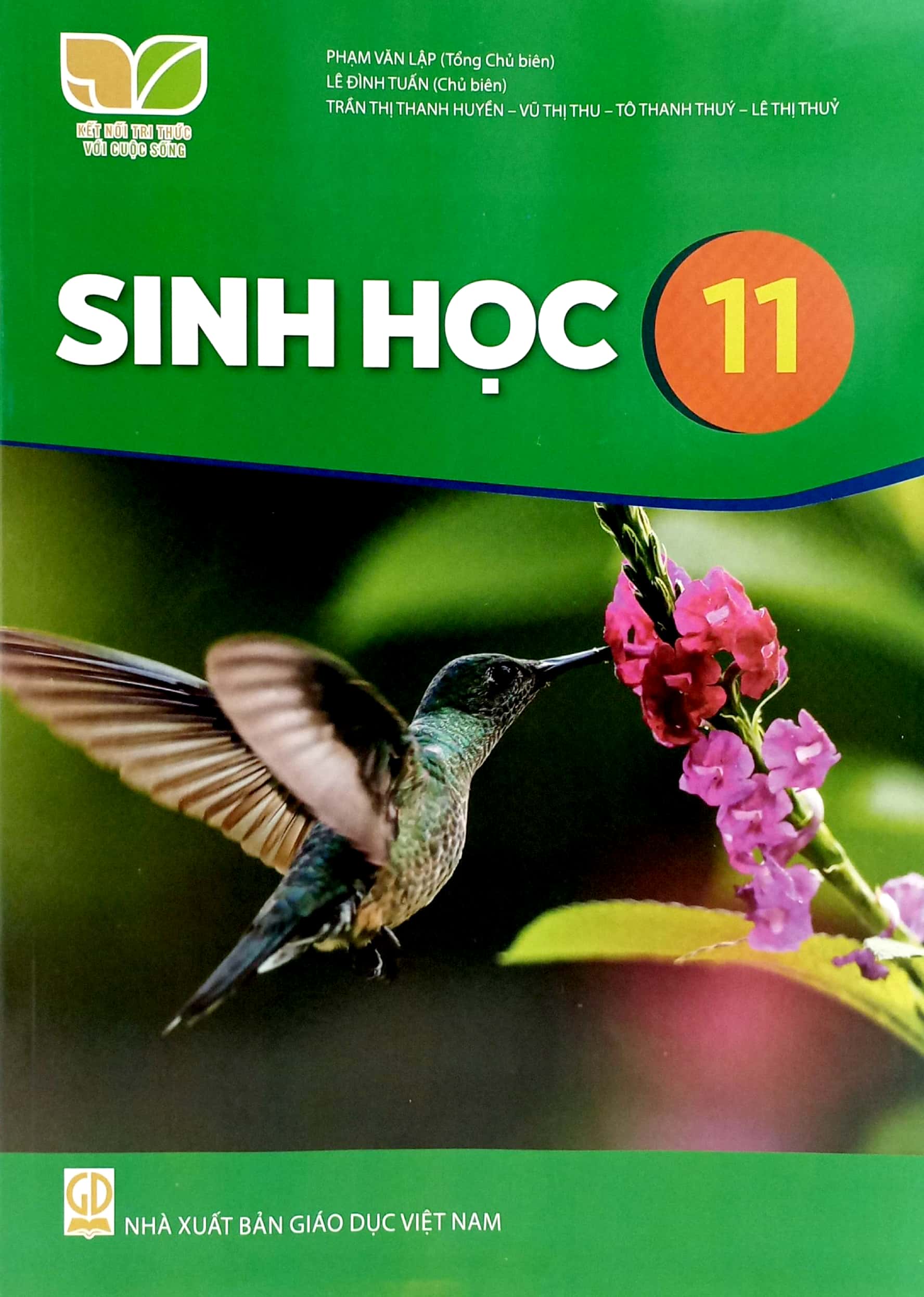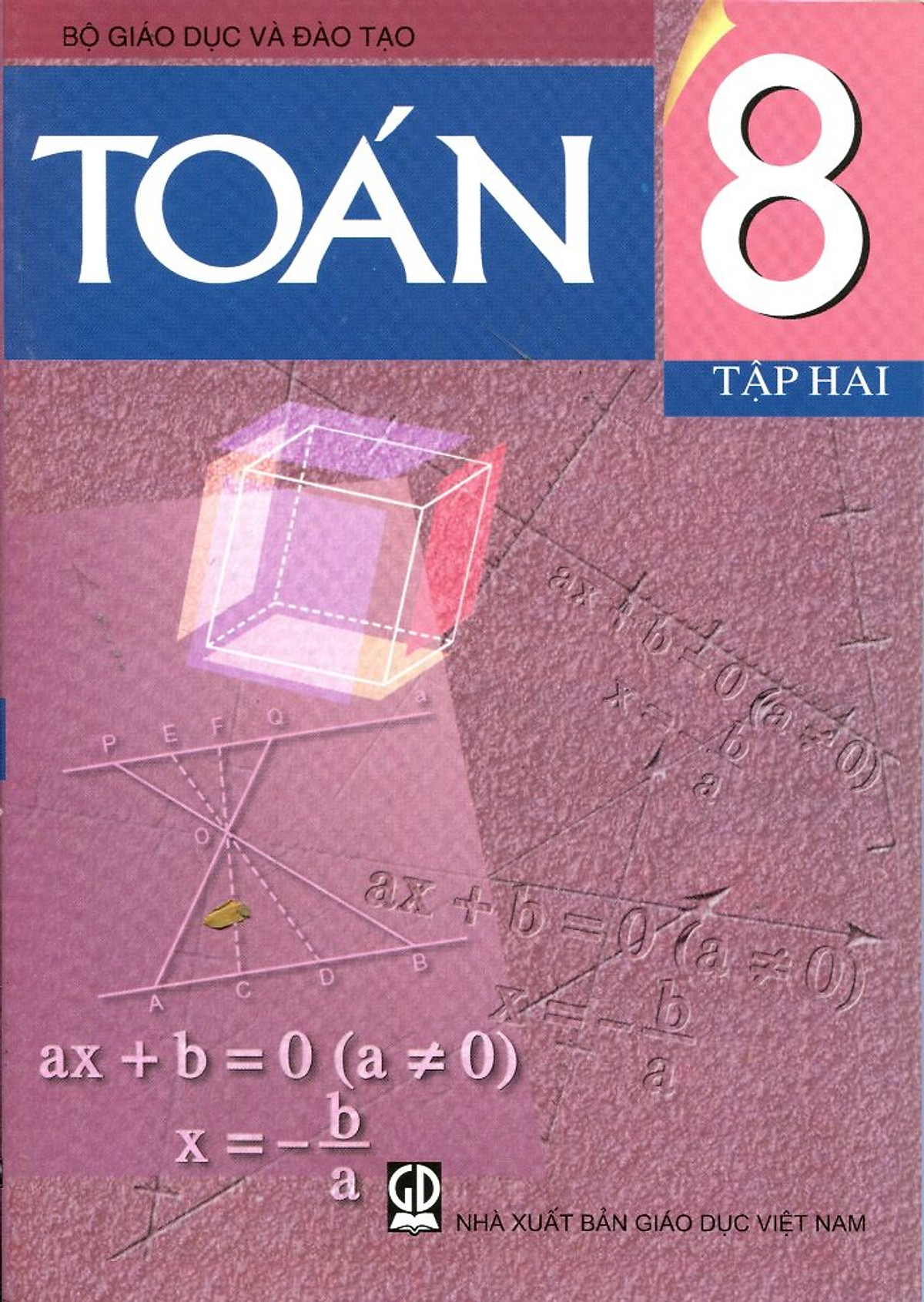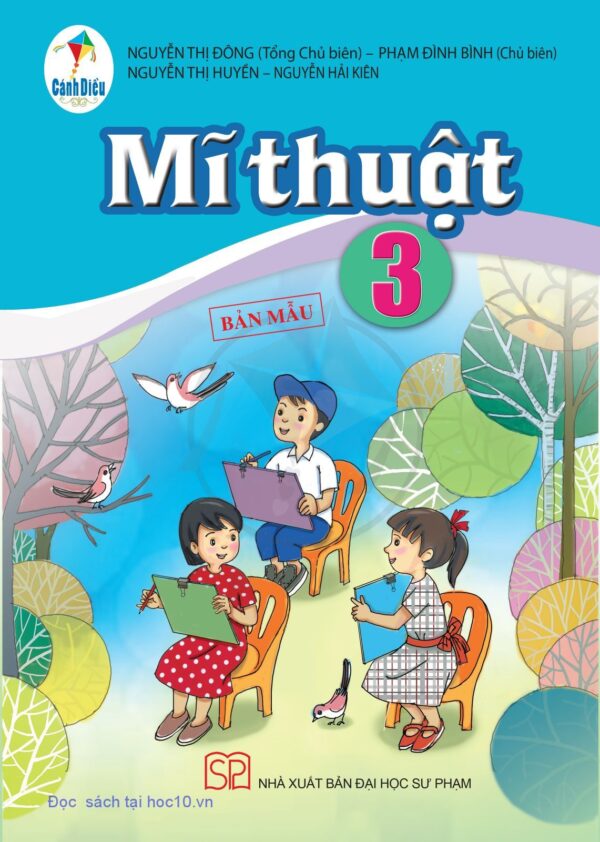(Page 9)
II. LANGUAGE
Pronunciation
Strong and weak forms of auxiliary verbs
💡 Remember!
• Auxiliary verbs at the beginning of Yes/No questions do not receive stress and are pronounced in their weak forms.
• At the end of short answers, they often receive stress and are pronounced in their strong forms.
1. Listen and repeat. Pay attention to the strong and weak forms of the auxiliary verbs. Then practise saying them.
| Weak forms | Strong forms | Weak forms | Strong forms |
| Do you ...? /dǝ/ | I do. /du:/ | Could we...? /kǝd/ | We could. /kud/ |
| Does she...? /dǝz/ | She does. /dʌz/ | Were they...? /wǝ/ | They were. /we:/ |
| Can I...? /kǝn/ | You can. /kæn/ | Has he...? /hǝz/ | He has. /hz/ |
Mark: Have you started working out again?
/hǝv/
Nam: Yes, I have.
/hæv/
Mark: Was it your grandfather who taught you?
/wǝz/
Nam: Yes, it was.
/wɒz/
2. Work in pairs. Read these sentences out loud. Pay attention to the strong and weak forms of the auxiliary verbs. Then listen and check.
1. Does she exercise? - Yes, she does.
2. Were you eating healthily? - Yes, I was.
3. Do you eat vegetables? - Yes, I do.
4. Can he get up early? - Yes, he can.
(Page 10)
Vocabulary
Health and fitness
1. Match each word (1-5) with its meaning (a-e).
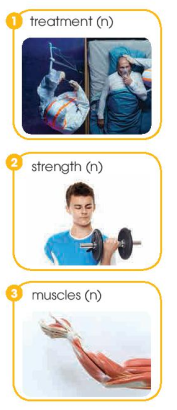
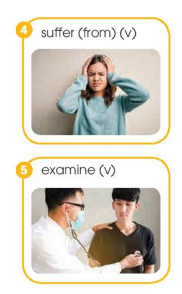
| 1. treatment (n) | pieces of flesh in our body that allow the movement of our arms, legs, etc. |
| 2. strength (n) | something that helps to cure an illness or injury |
| 3. muscles (n) | the quality of being physically strong |
| 4. suffer (from) (v) | to have a health problem |
| 5. examine (v) | to look at someone's body carefully to find out if there is a health problem |
2. Complete the following sentences using the correct forms of the words in 1.
1. The doctor _____ her carefully, but could not find anything wrong.
2. He is receiving _____ for his health problem.
3. Regular exercise can help you improve your muscle _____.
4. To build your _____, you can try lifting weights.
5. Nam can't sleep well. He is _____ stress.
Grammar
Past simple vs. Present perfect
💡 Remember!
We use the past simple to describe:
• something that started and finished in the past.
Example: You did a great job yesterday.
• something that was completed in the past (often used with a time phrase).
Example: We lived in Ha Noi when I was little. Now we live in Hai Phong.
We use the present perfect to describe:
• something that started in the past, and is still happening now (often used with since, for, so far).
Example: You have done a great job so far.
• something that was completed in the very recent past (often used with just or recently).
Example: We have just moved to Hai Phong.
(Paga 11)
1. Put the verbs in brackets in either the past simple or the present perfect.
1. He (see) _____ the doctor yesterday.
2. She (suffer) _____ from a serious headache, but after treatment, she felt better.
3. Our living conditions (improve) _____ over the last few decades. Now people live much better.
4. The doctor (just, examine) _____ her. Fortunately, the treatment is working.
2. Work in pairs. Talk about what you do to keep fit and healthy. Use the past simple and the present perfect.
Example: I have exercised regularly for a year. I went swimming last weekend.
